
About Conference
Home / About Conference
Pramāṇa, the annual research conference organized by the Symbiosis Centre for Media and Communication (SCMC), exemplifies the institution's unwavering commitment to academic scholarship and research. The term Pramāṇa, meaning "means of knowledge" in Indian epistemology, reflects the philosophical foundation of the conference, symbolizing the pursuit of valid and reliable knowledge through various methods, including pratyakṣa (perception), anumāṇa (inference), upamāṇa (comparison), arthāpatti (postulation), anupalabdhi (cognitive proof) and śabda (testimonial). The Pramāṇa conference is an initiative to create an intellectual environment where academics, researchers and students can engage in critical discussions on contemporary media issues, promoting innovative perspectives and thorough analysis.
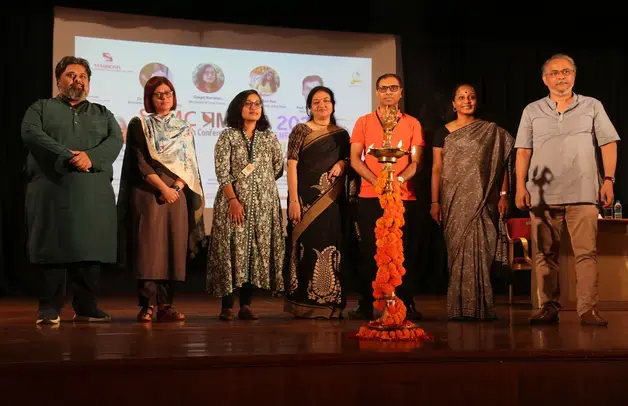
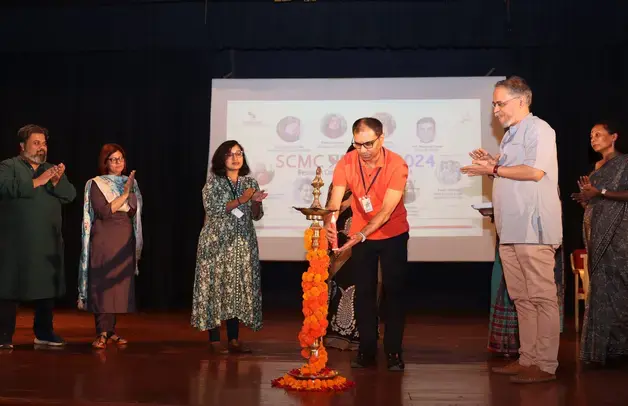
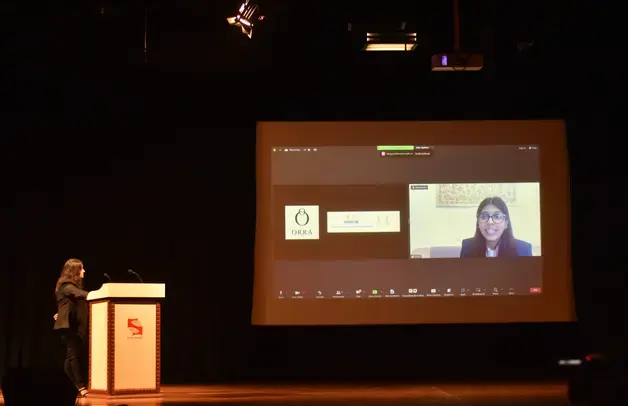
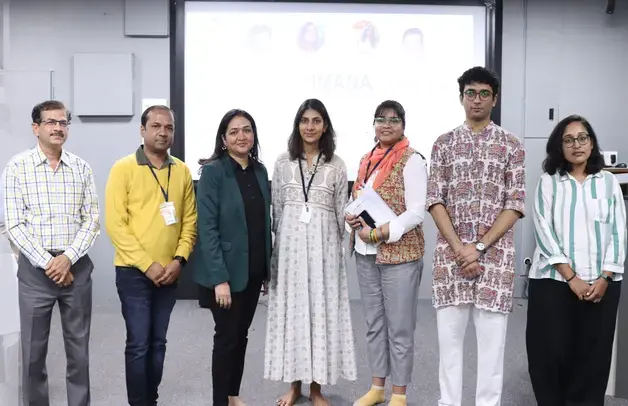
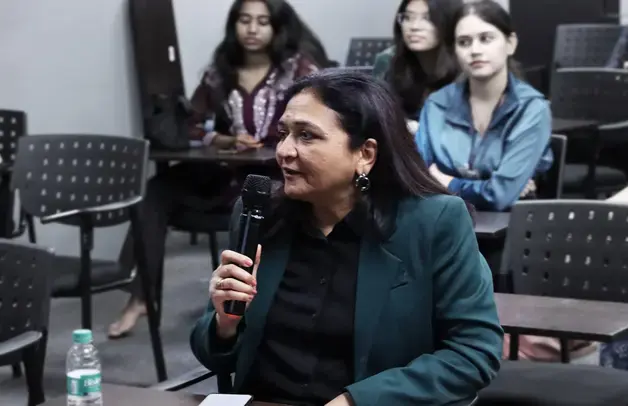
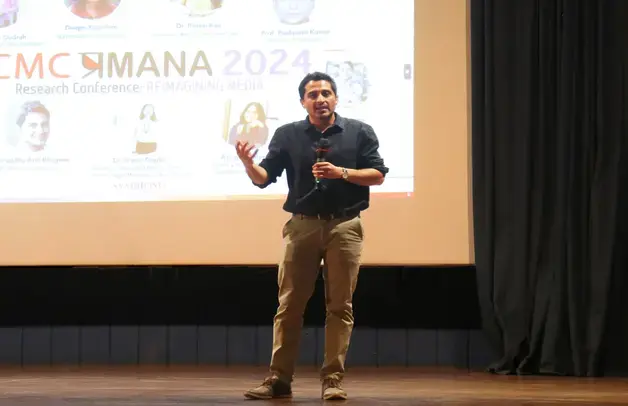
SCMC's third edition of Pramana Research Conference 2025, scheduled for 2nd and 3rd February 2025, will delve into the theme, "Digital Democracies: Intersections of Influence, Consumption and Identity in South Asia." As digital platforms revolutionize politics, media, and identity in the region, this conference aims to explore the complex interplay of digital influence, consumer behavior, and cultural change. Academics and scholars specializing in media research from across South Asia will gather to present their findings and engage in discussions. SCMC Pramana 2025 is a significant forum for understanding how digital democracies are reshaping the socio-political and cultural fabric of South Asia.
The South Asian region, home to one of the world's largest populations, has experienced a rapid digital transformation over the past decade. This shift, experienced across countries with shared historical and cultural ties, has not only redefined politics, media access, and civic engagement but has also empowered individuals and communities. It has significantly reshaped social and cultural identities, religiosity, and awareness of rights, while simultaneously fostering the rise of a pervasive influencer economy.
This era of "digital democracies" has been characterized by unprecedented access to information, the proliferation of social media platforms and the rise of digital activism. The affordable internet has given millions of people access to digital content, reshaping how identities of people and communities are formed and maintained, thereby deepening the processes of democratization, both positively and negatively. Digital and social platforms have emerged as influential tools for shaping personal and institutional brands, as well as driving political and cultural influence. Influencers across South Asia are often first-generation public communicators with formidable fan bases. Many have acquired micro-celebrity status by creating and sharing content that resonates with niche communities, offering a sense of relatability that mainstream celebrities often lack. This rise of the micro-celebrity, both with narrow and pluralistic views and personal and ideological frames, can make them significant political, social and cultural game changers.
The general elections in Bangladesh, Pakistan, and India (all coincidentally held in 2024) showcased the formidable influence of digital media on the democratic processes. India's Parliamentary Elections have even been dubbed the "YouTube and Social Media Election", perhaps a further shift from its 2019 "WhatsApp Election". The transformative impact of digital spaces and the emergence of a new breed of political influencers in the South Asian region has added a new stream of narratives outside of mainstream politics.
The representation of diverse identities within influencer culture is another critical area of exploration. While digital platforms offer opportunities for underrepresented groups to gain visibility, they also reflect and sometimes exacerbate existing social inequalities. The algorithms that drive content visibility can reinforce biases, making it difficult for certain voices to be heard. While the influencer economy has spurred monetization strategies, it also brings challenges such as issues of credibility, transparency, agendas and the ethical implications of sponsored content.
The prevalence of trolling as religious, caste and linguistic violence poses significant risks, especially for marginalized voices who may have only recently developed new digital identities of self-respect. Additionally, virtual influencers like Lil Miquela raise questions about authenticity and the future of the influencer creator economy. These digital democracies, where popular cultures are created, curated, and rapidly spread, bring together old and new media, shaping discourses that engage diverse audiences
This convergence is redefining media interactions and shaping the future of communication today. The third edition of the SCMC Pramāṇa Research Conference aims to explore these evolving dynamics, inviting researchers to deliberate on the far-reaching implications of digital democracies. It aims to highlight the intersections of digital influence, consumerism, popular culture, identity, and politics, all within the rapidly transforming South Asian context. Through this exploration, the conference seeks to offer critical insights into how digital platforms are reshaping societal structures and influencing future media landscapes.
Select full papers submitted for the Pramana Conference will be considered for peer review by the journal South Asian Popular Culture (SAPC) https://www.tandfonline.com/journals/ rsap20/about-this-journal.